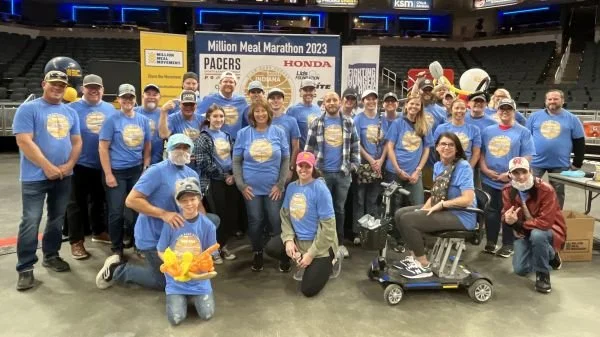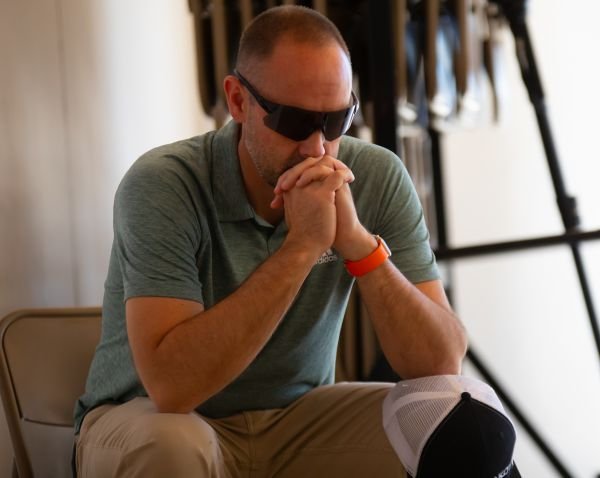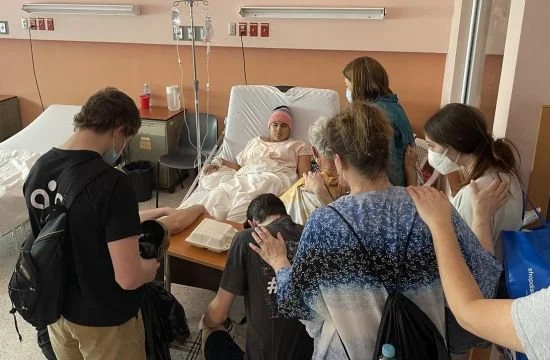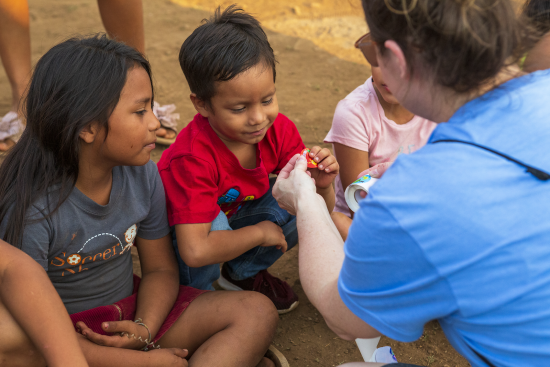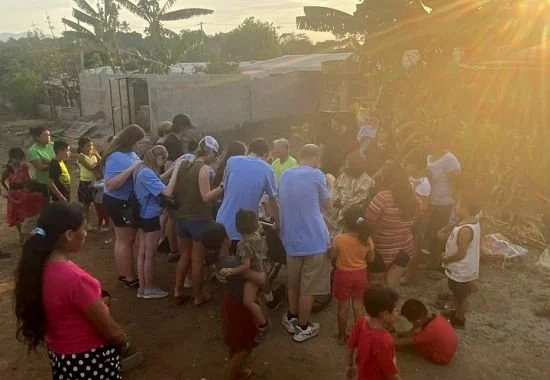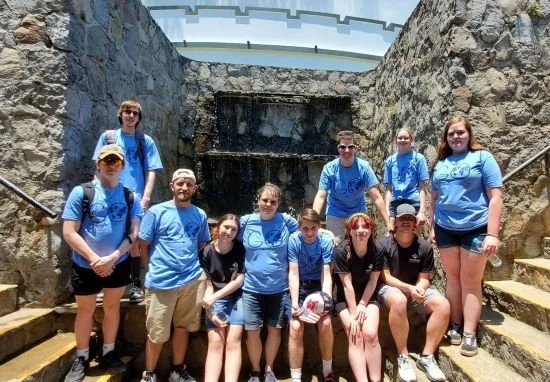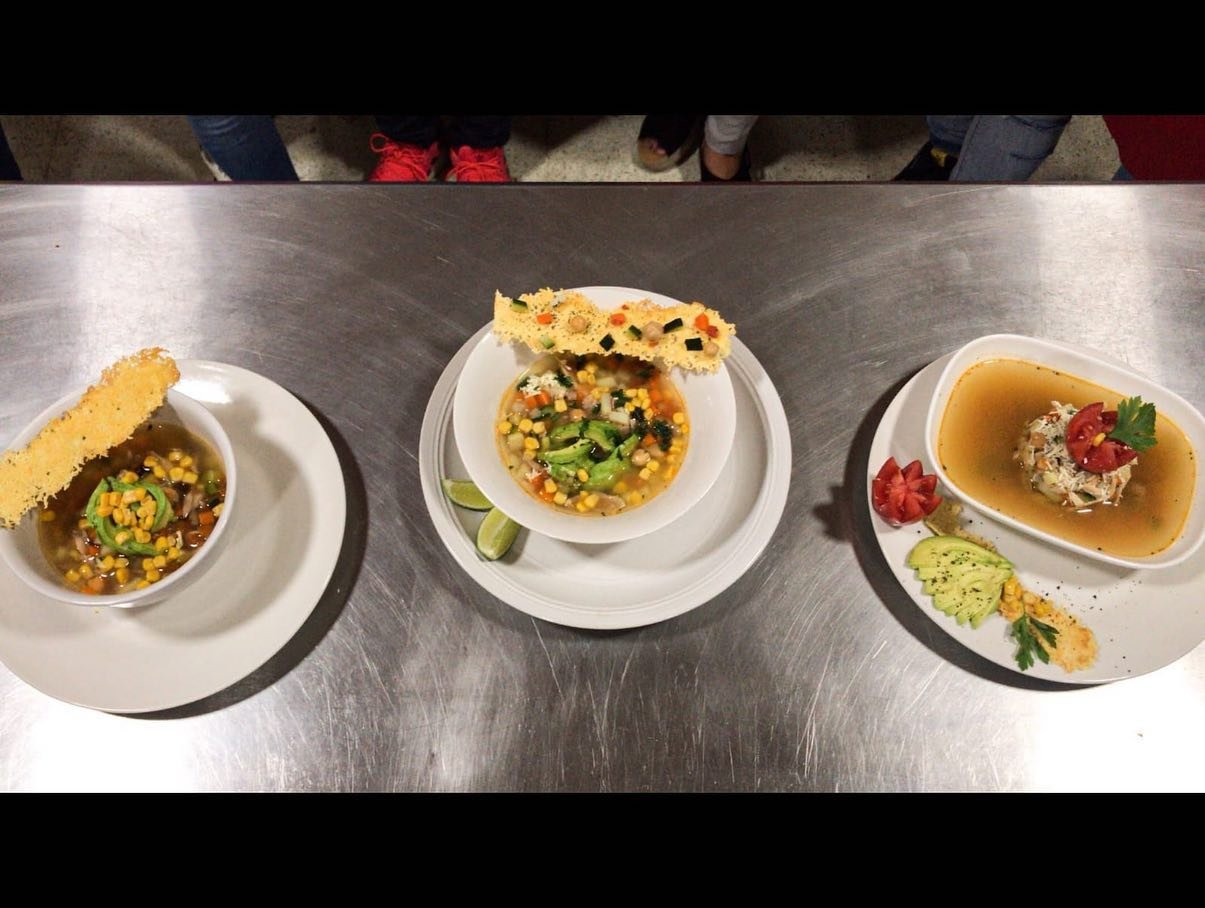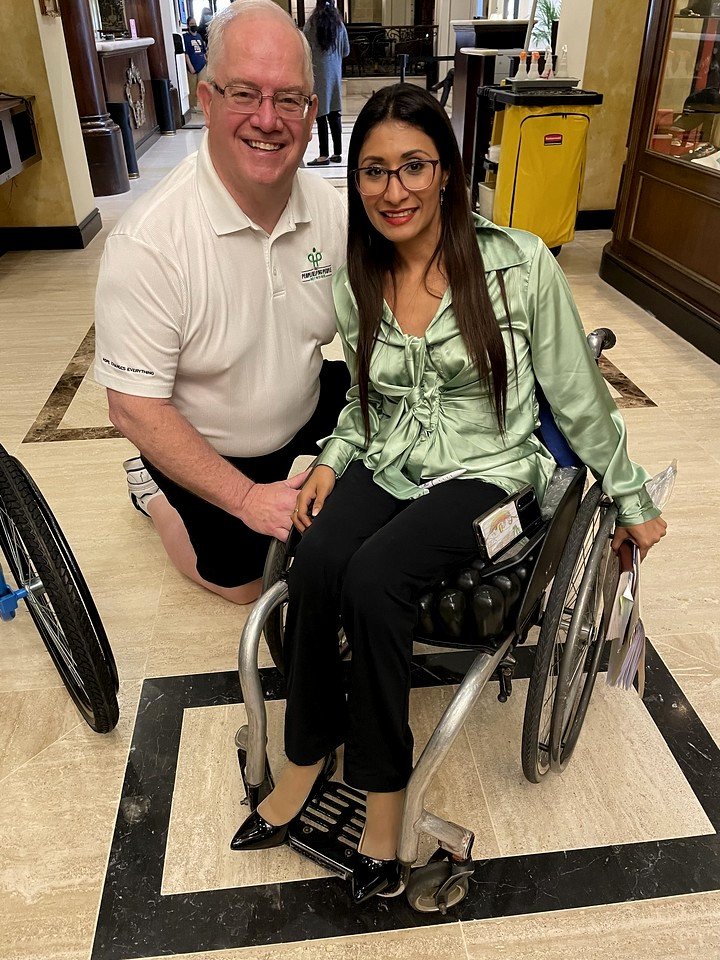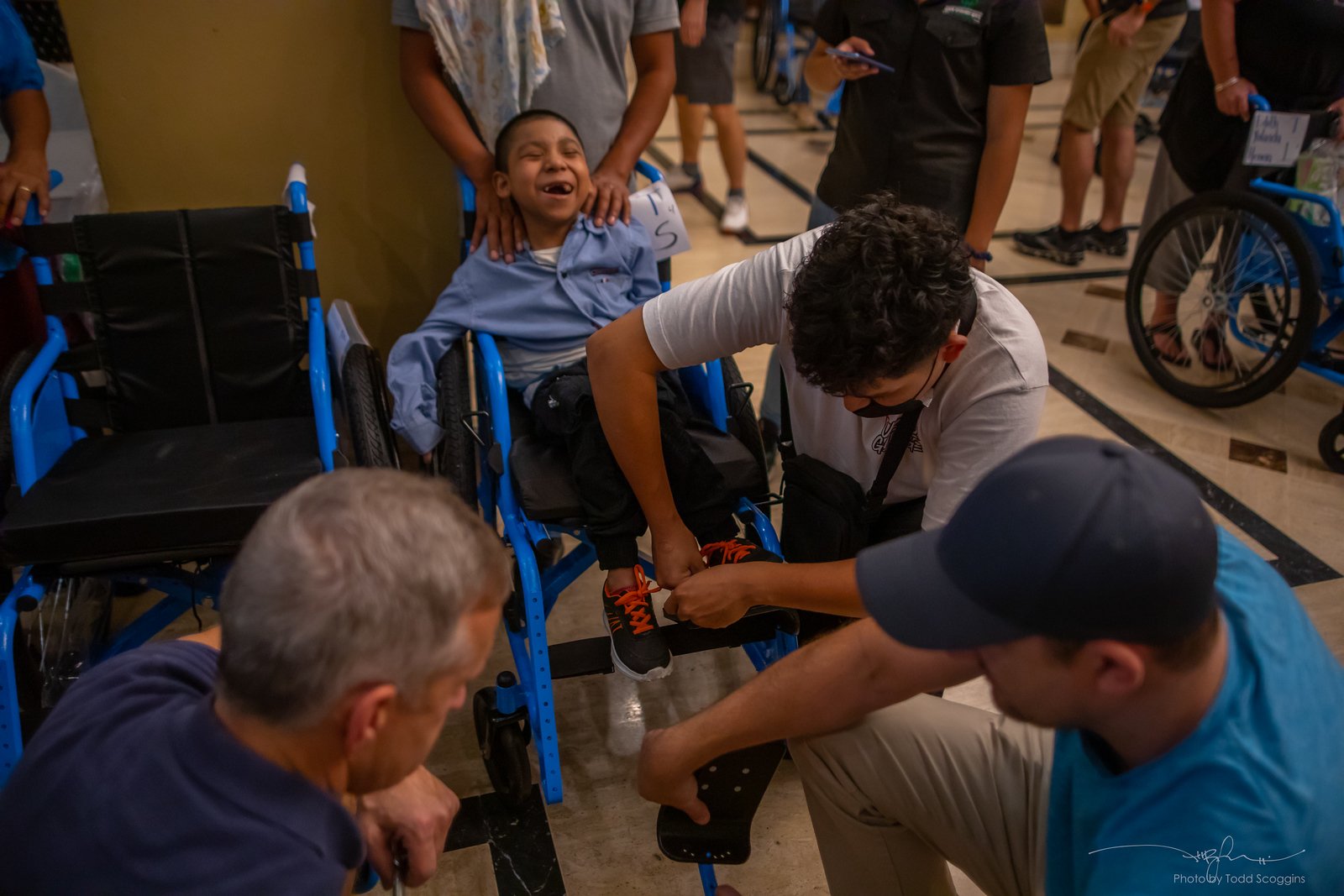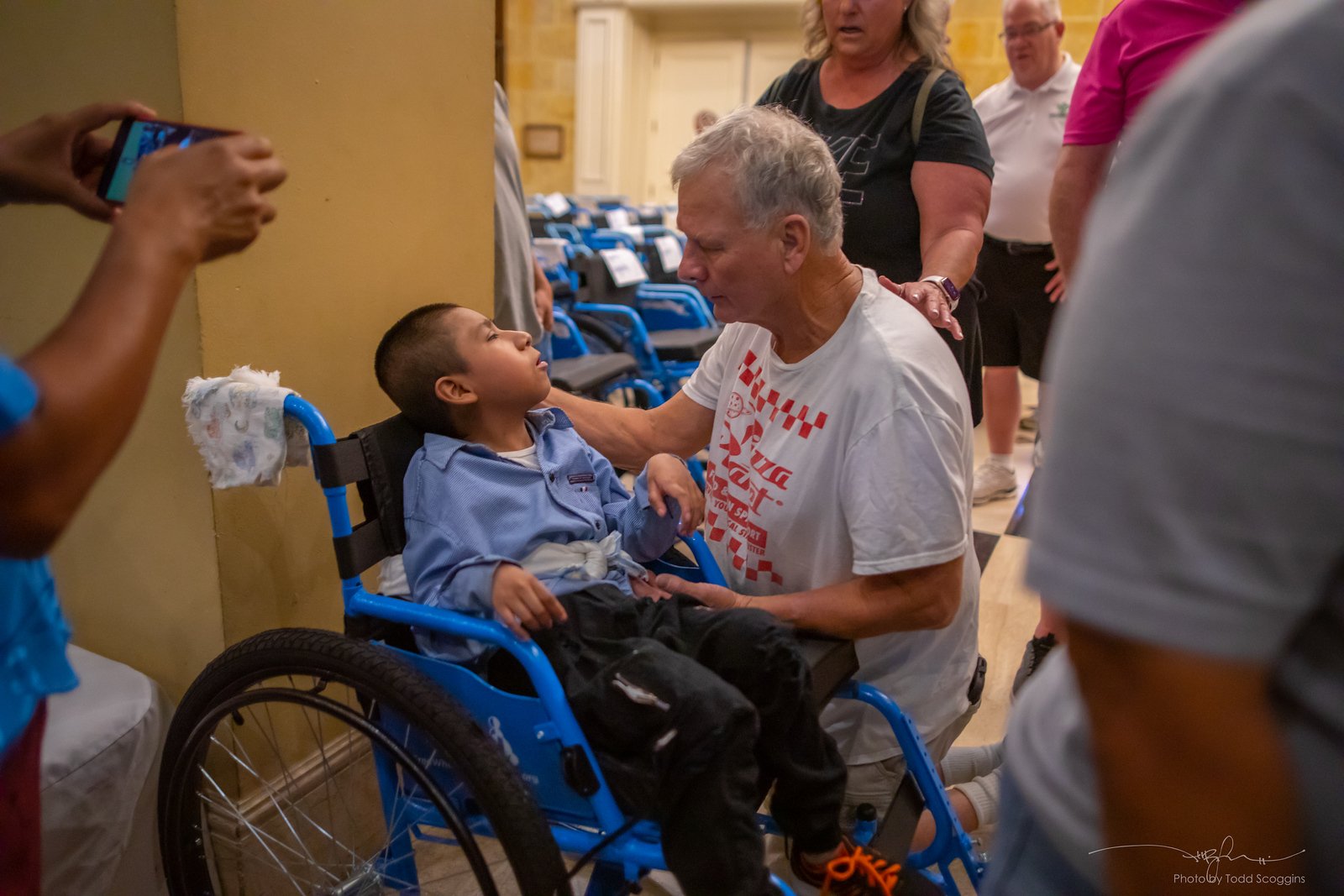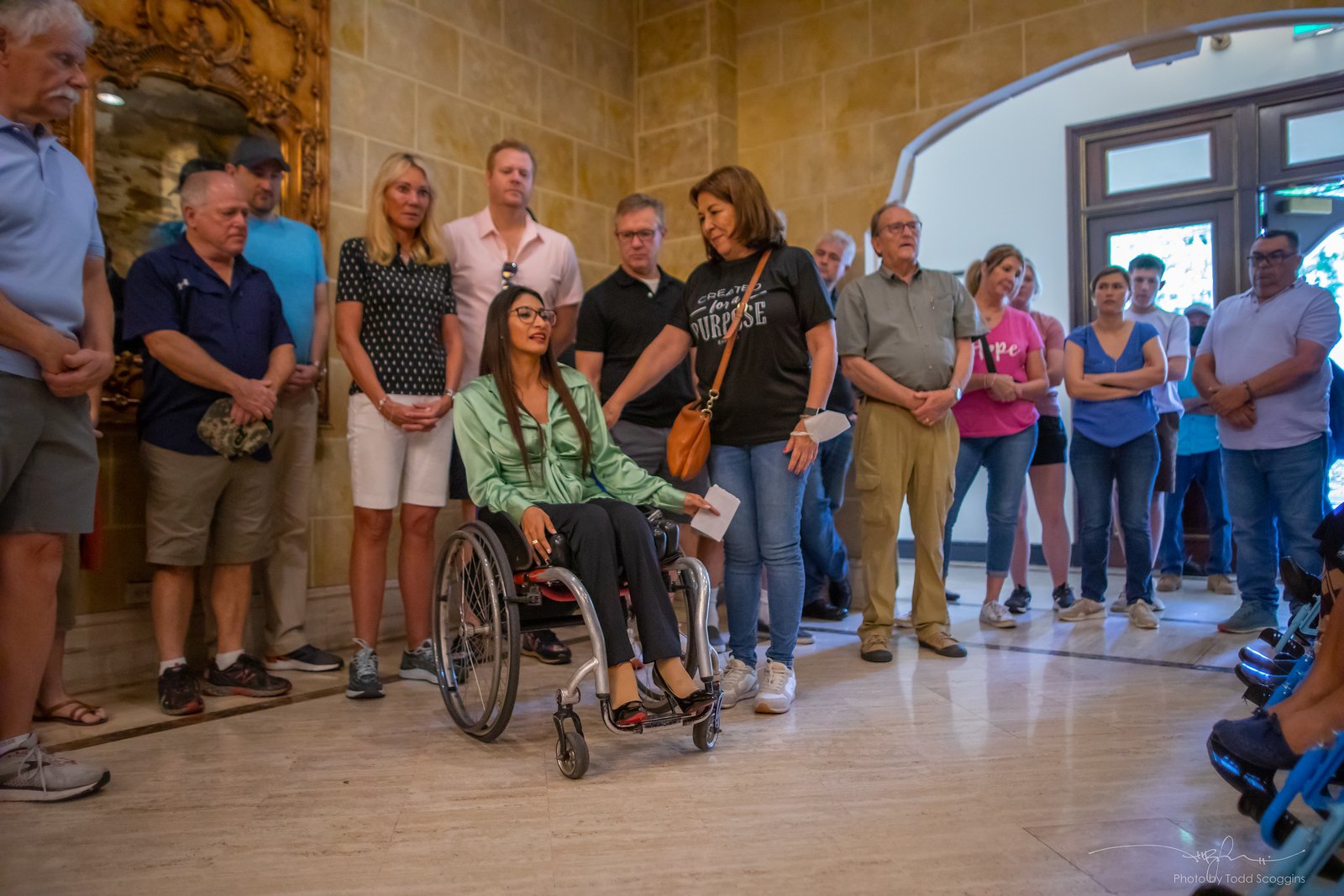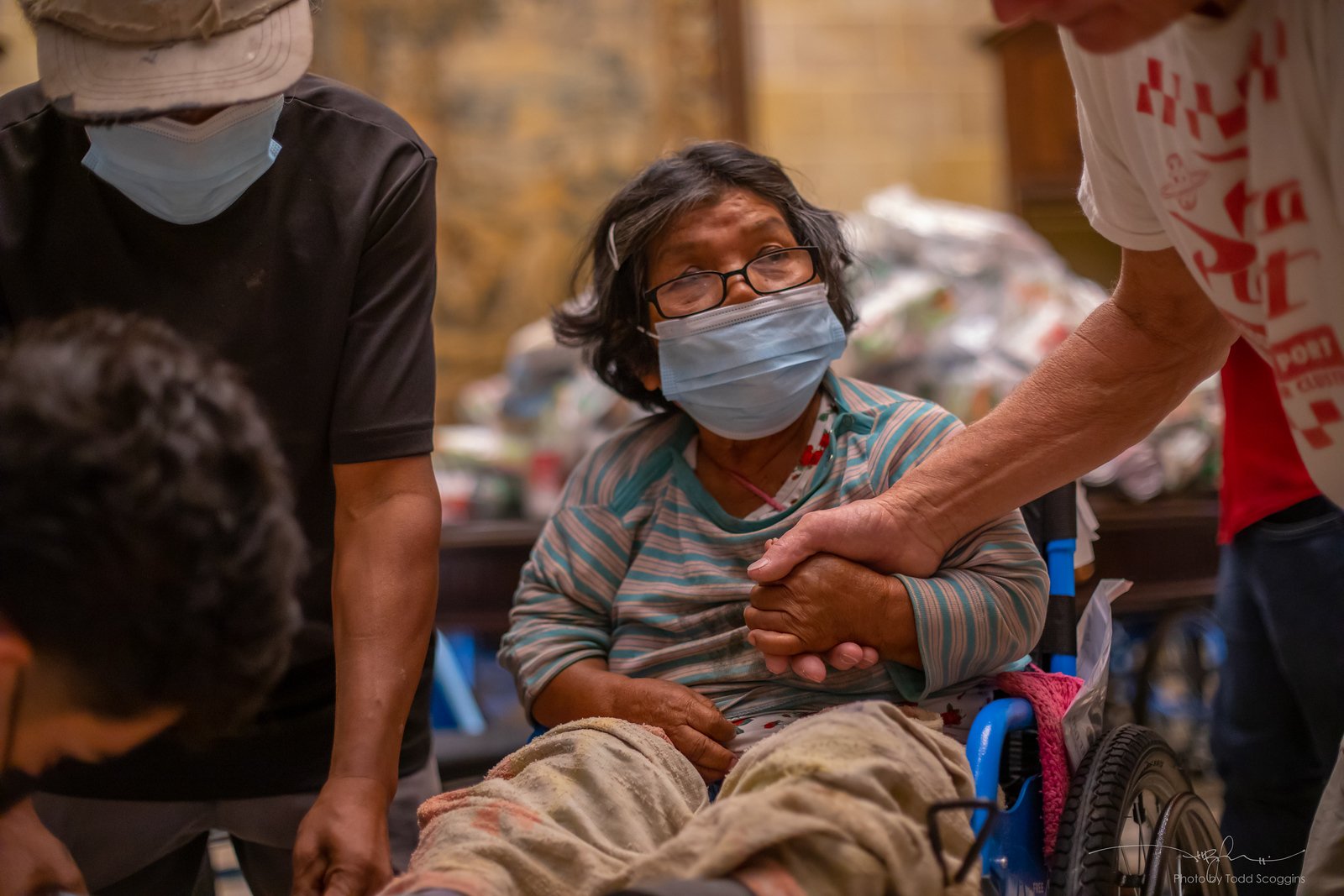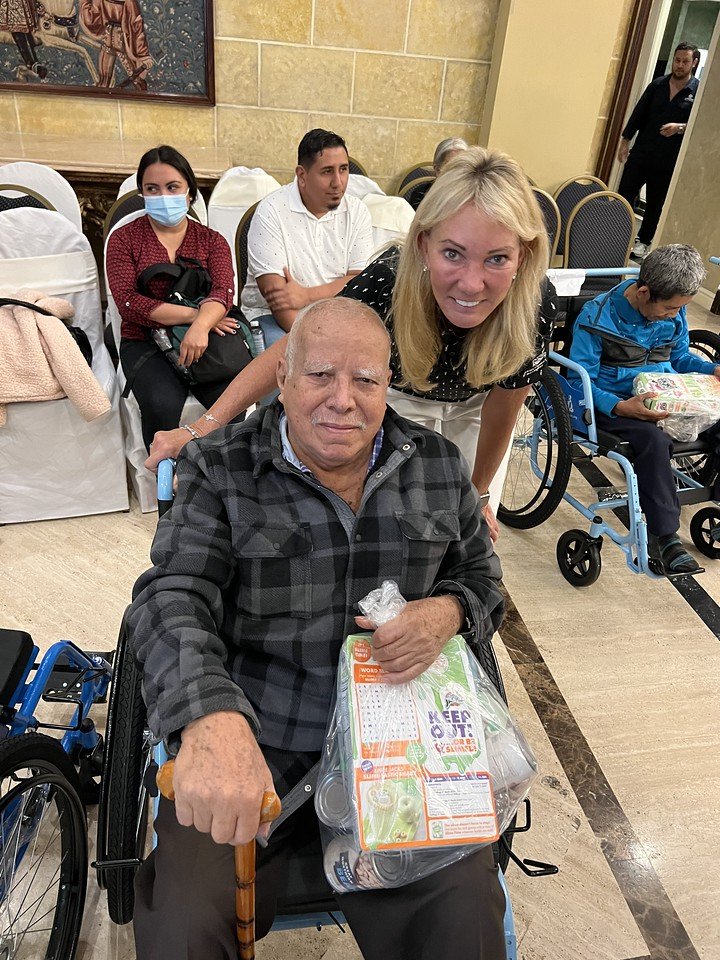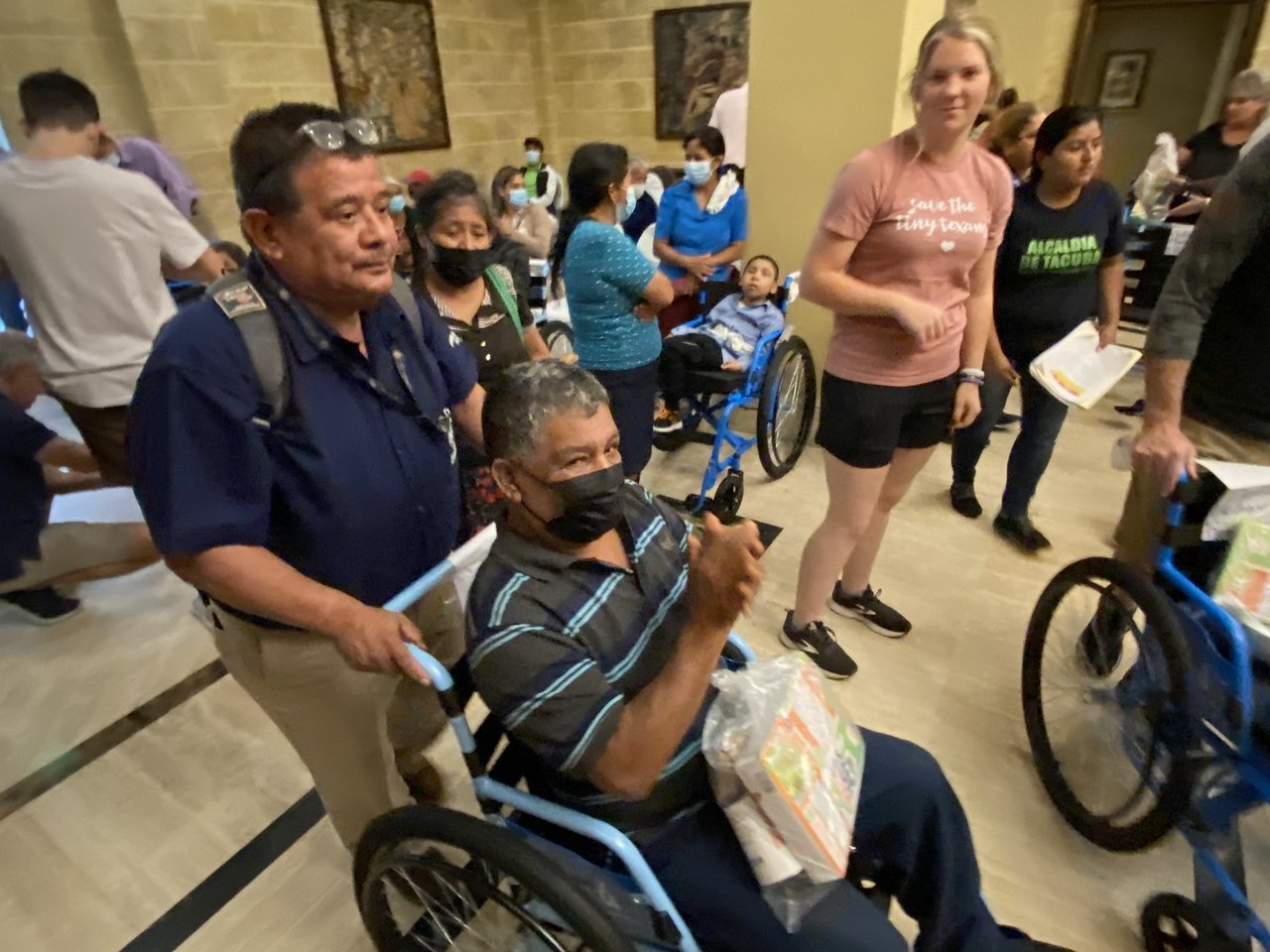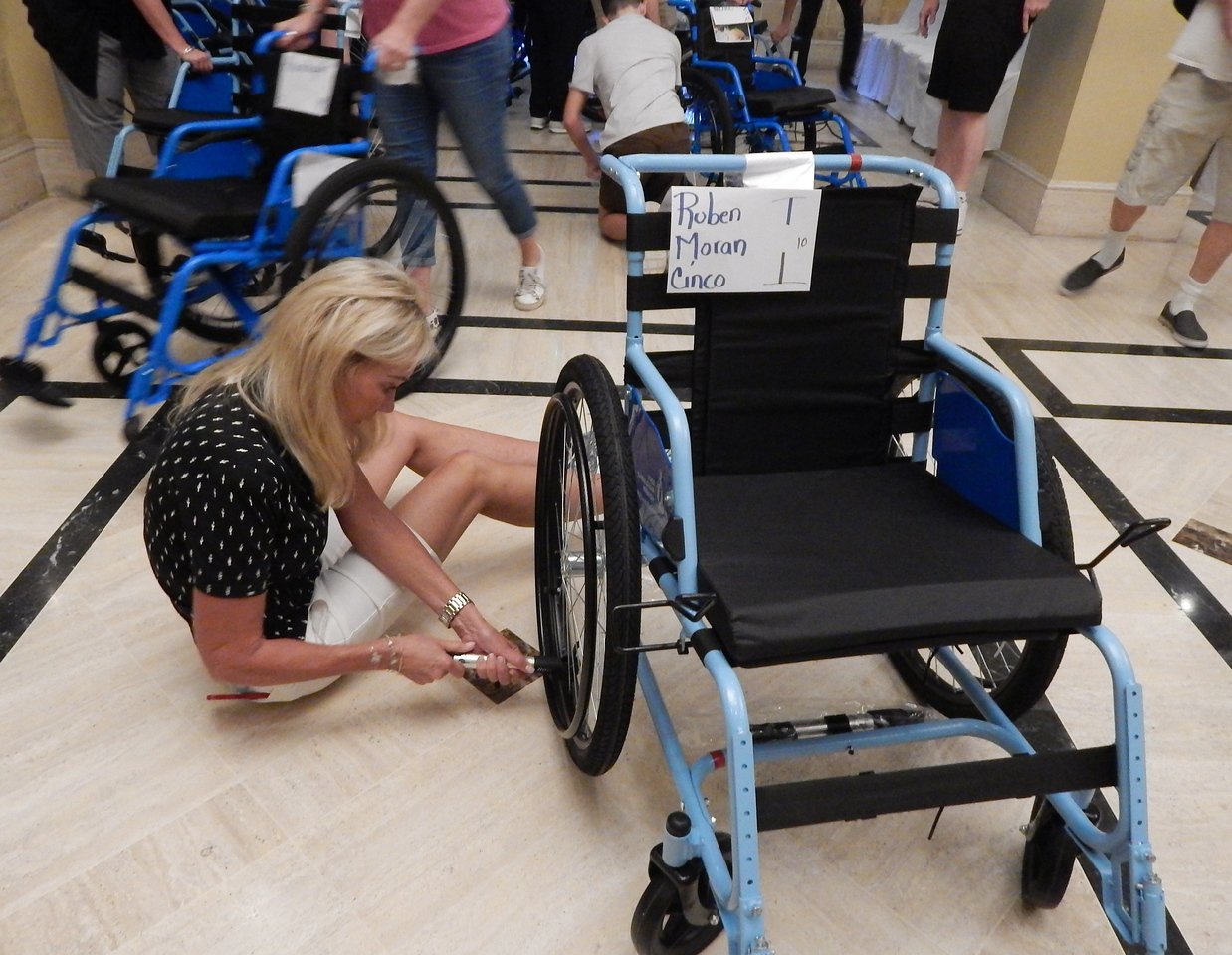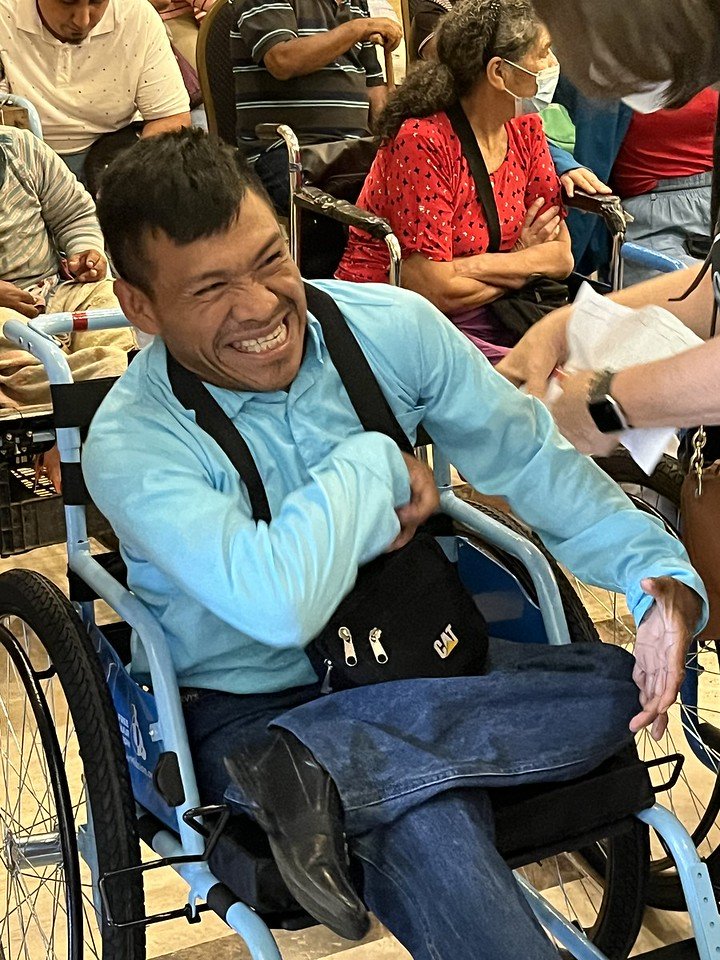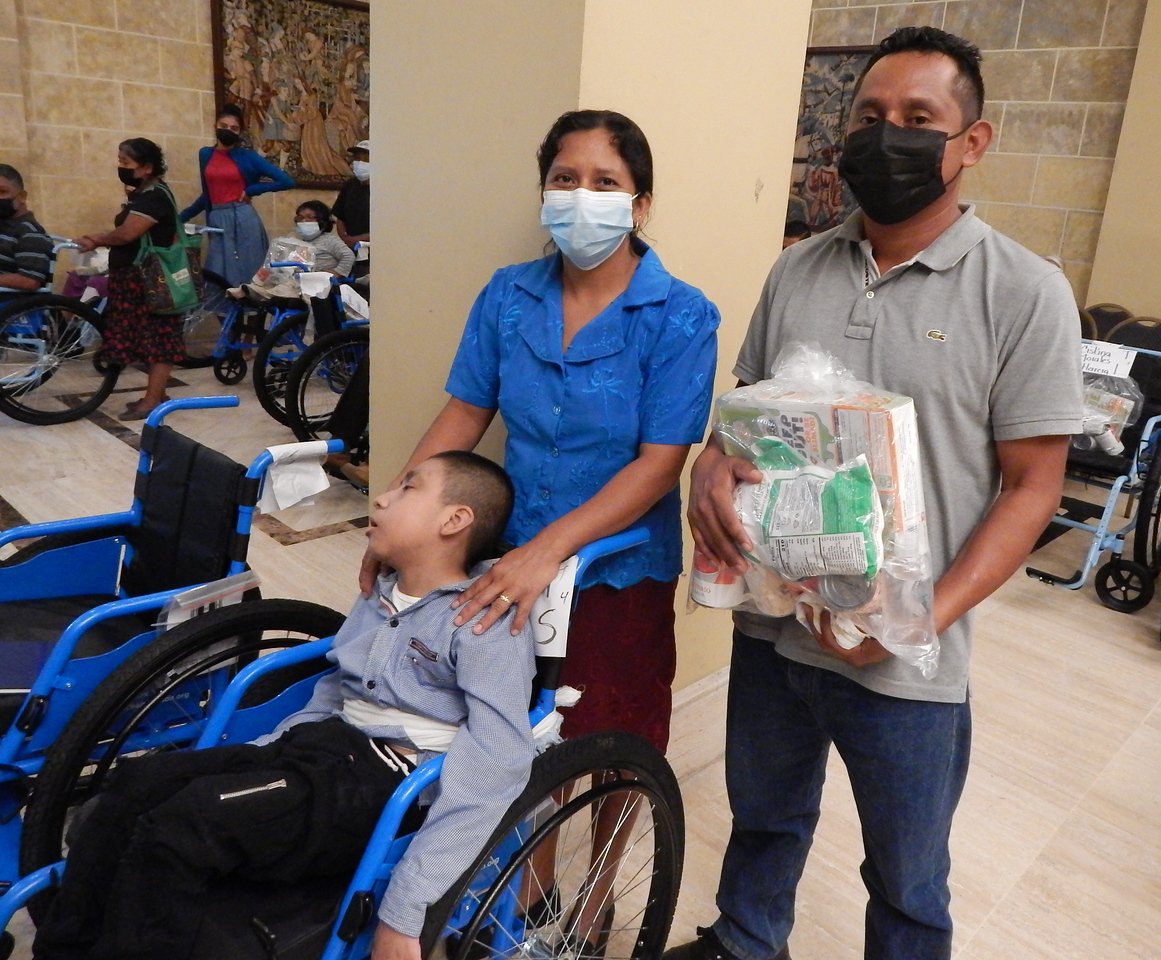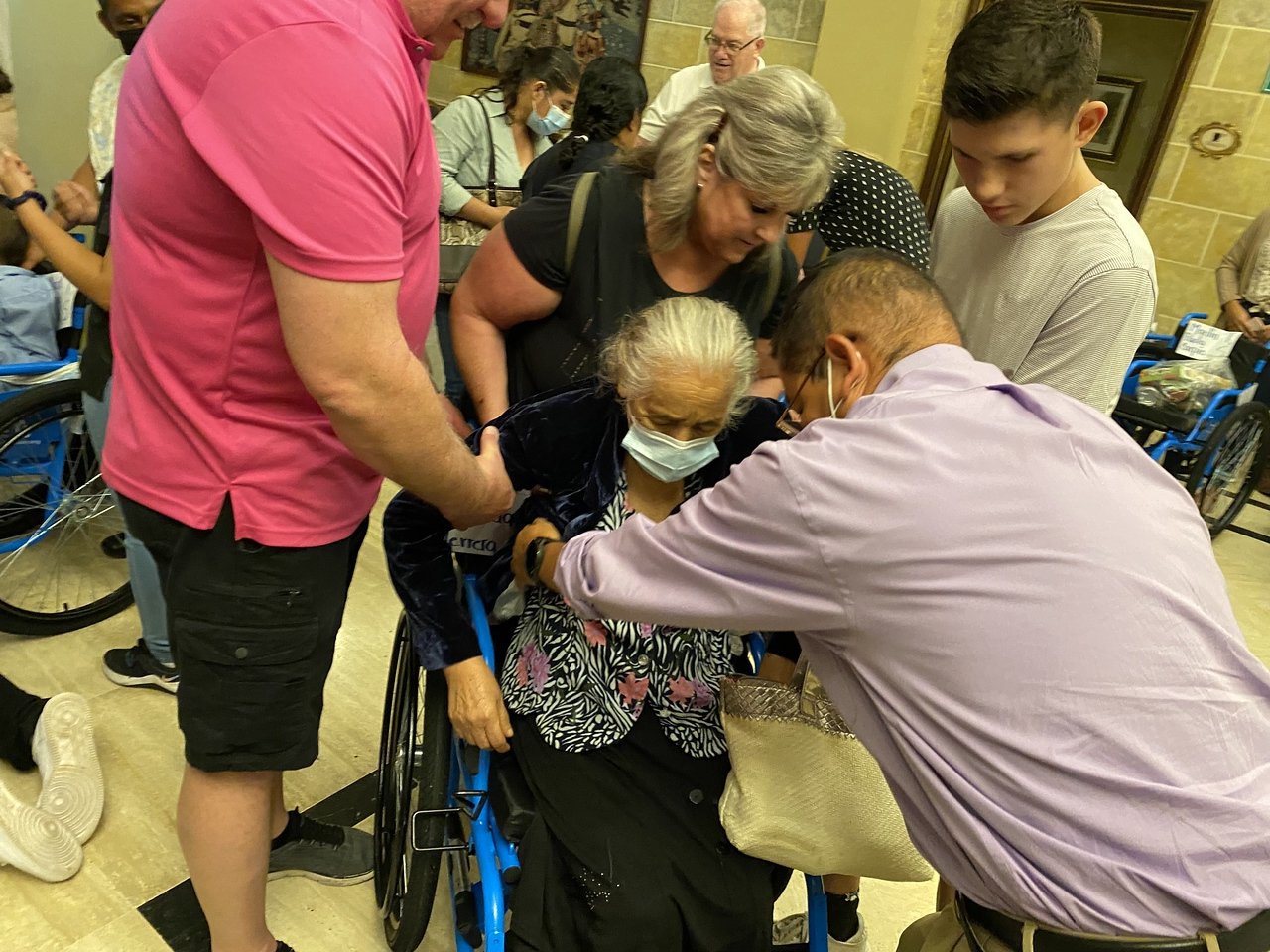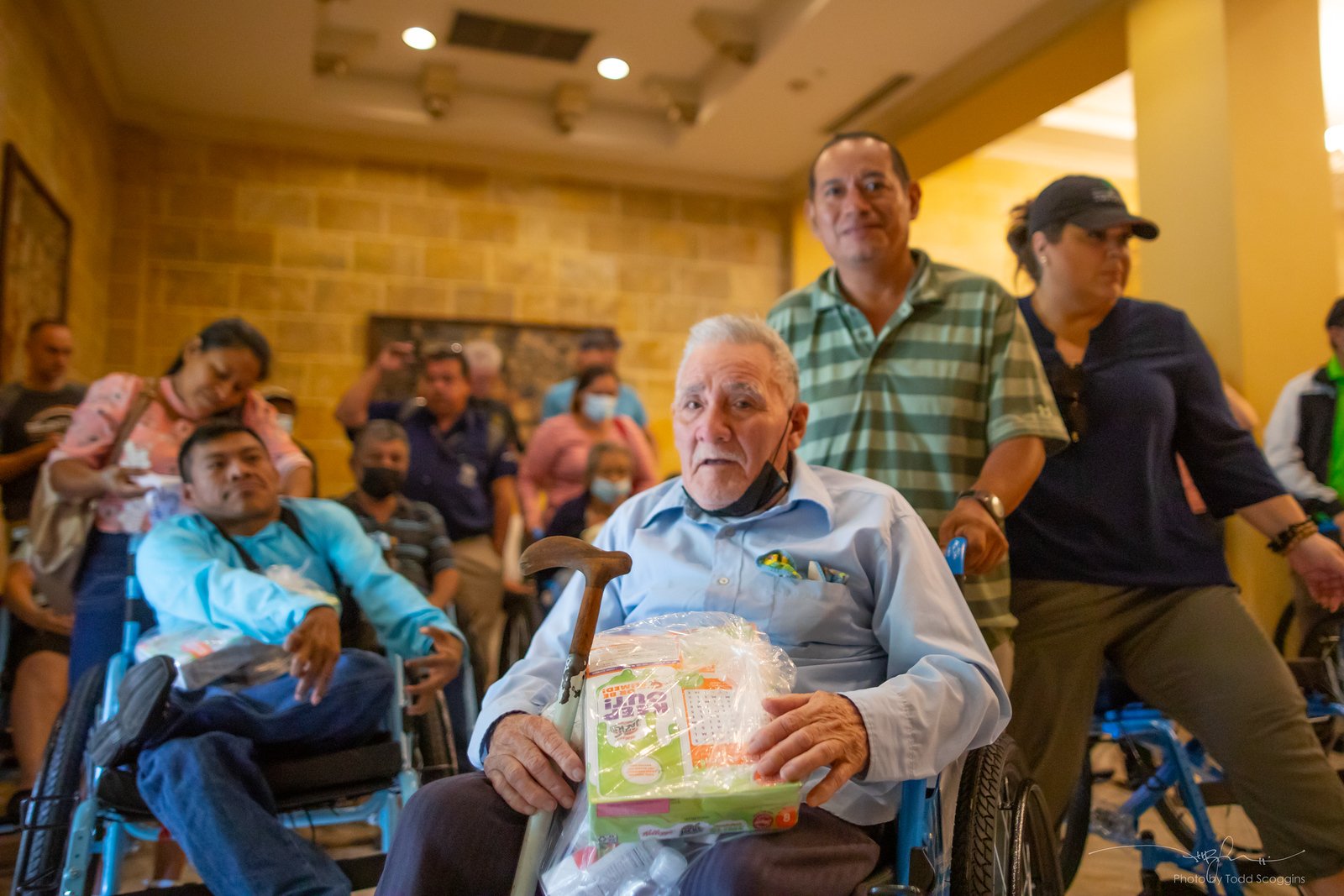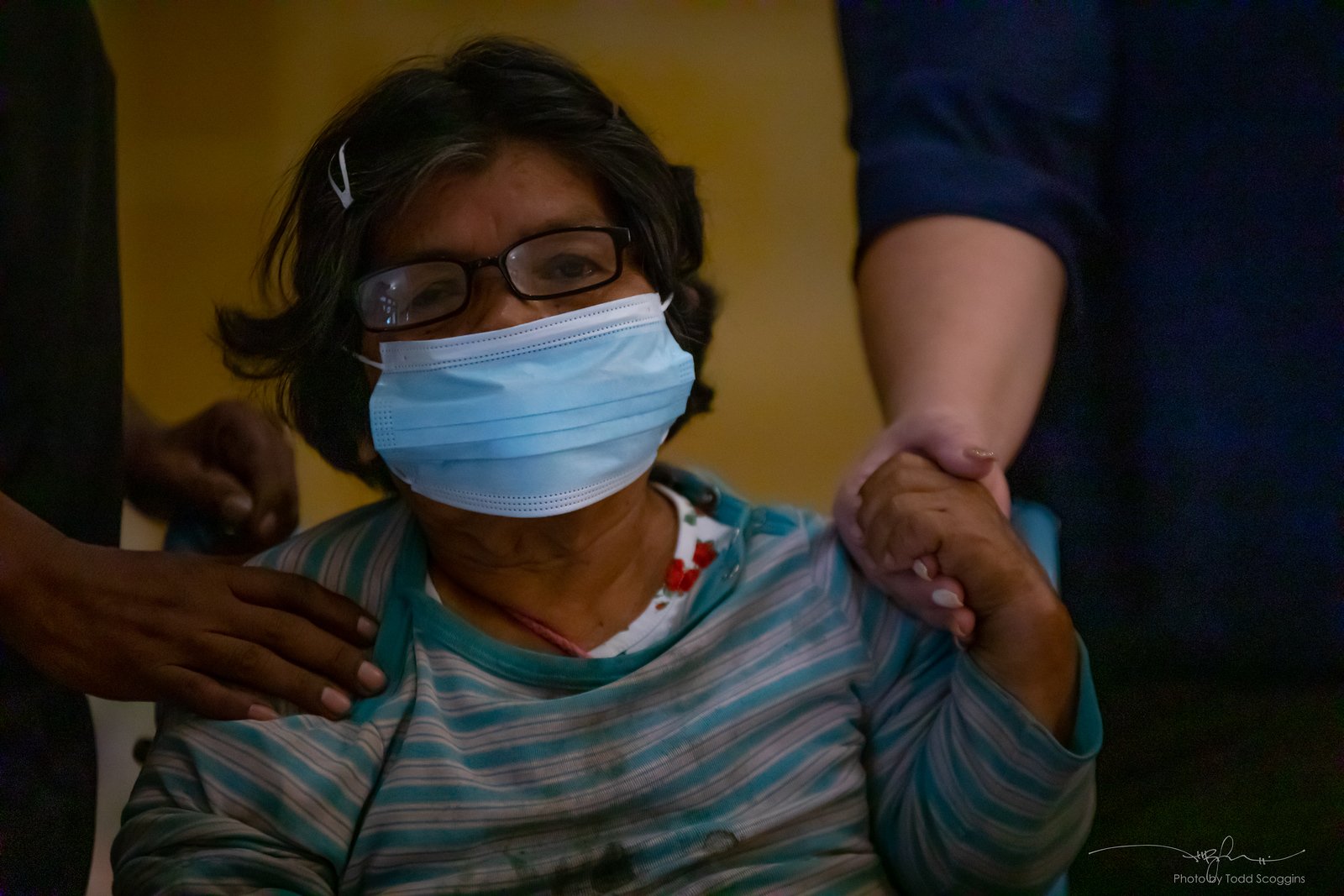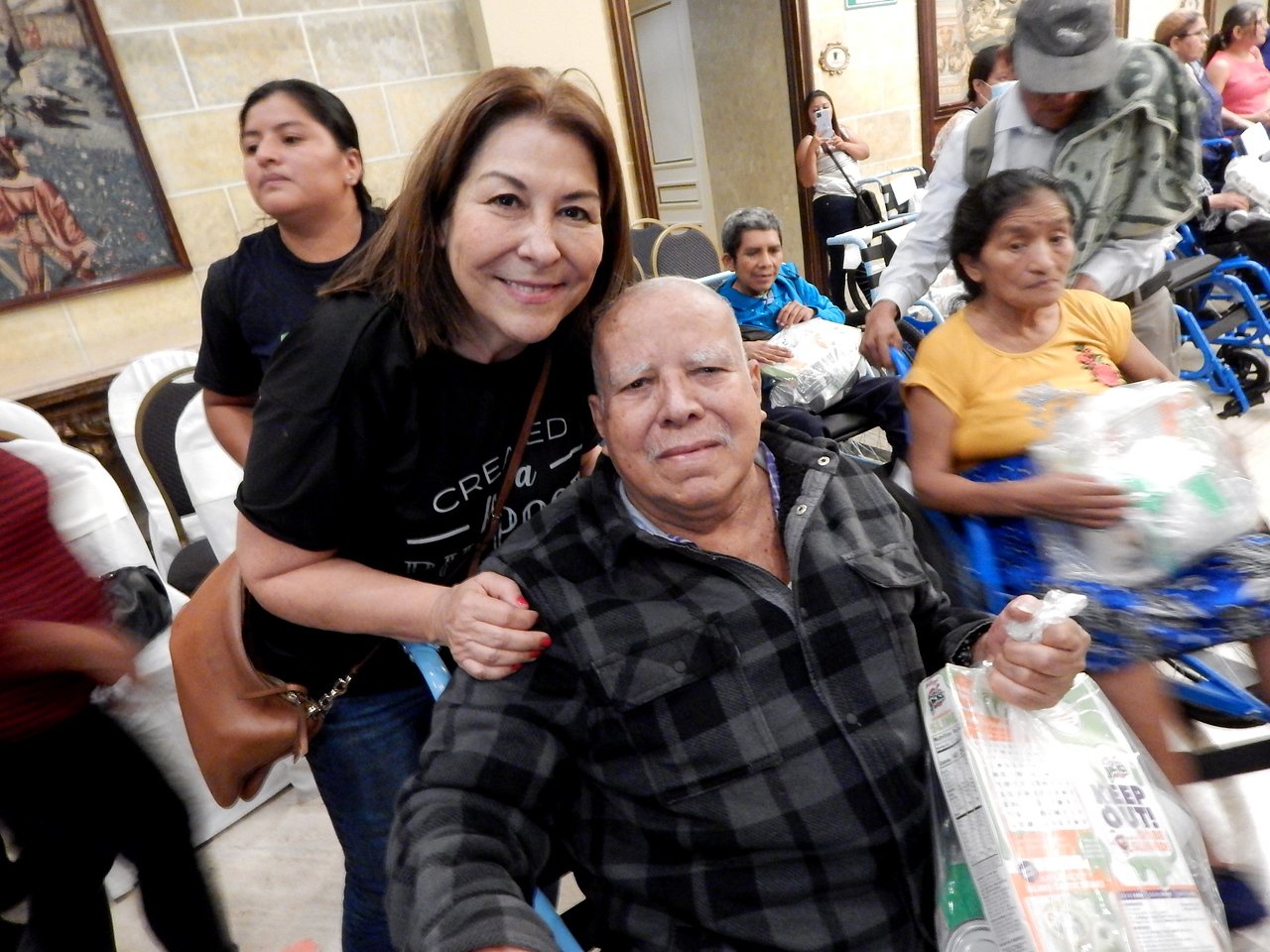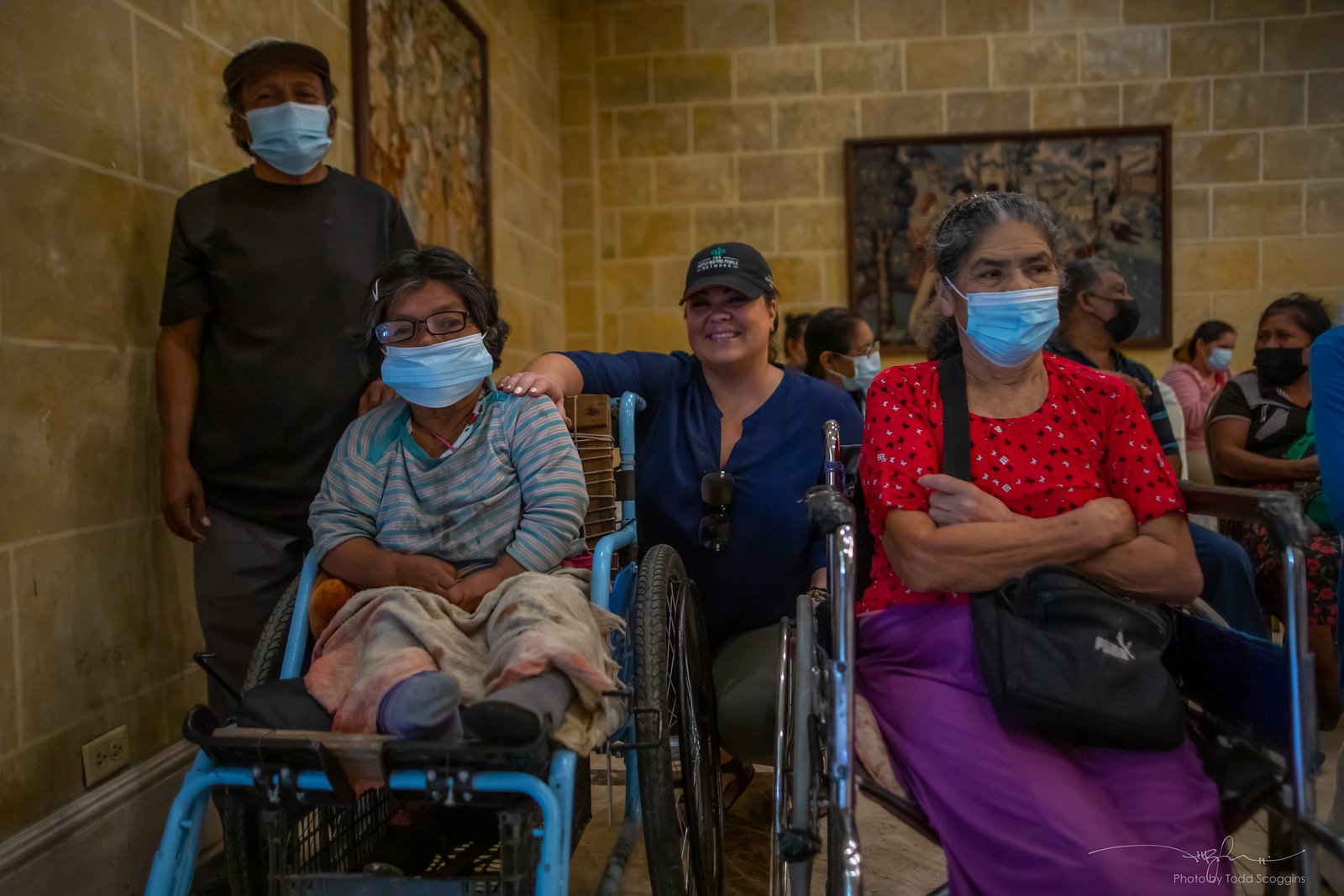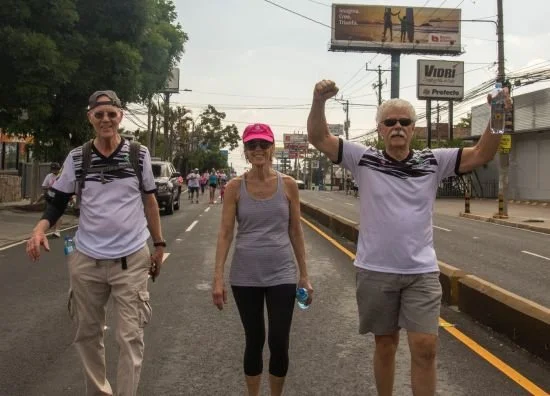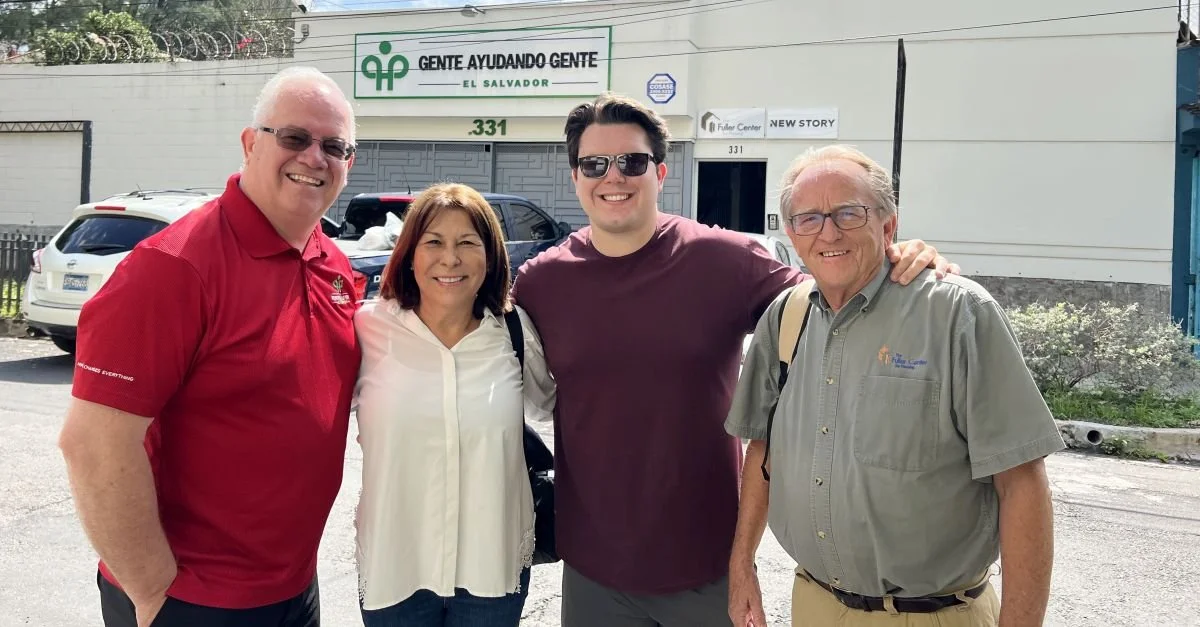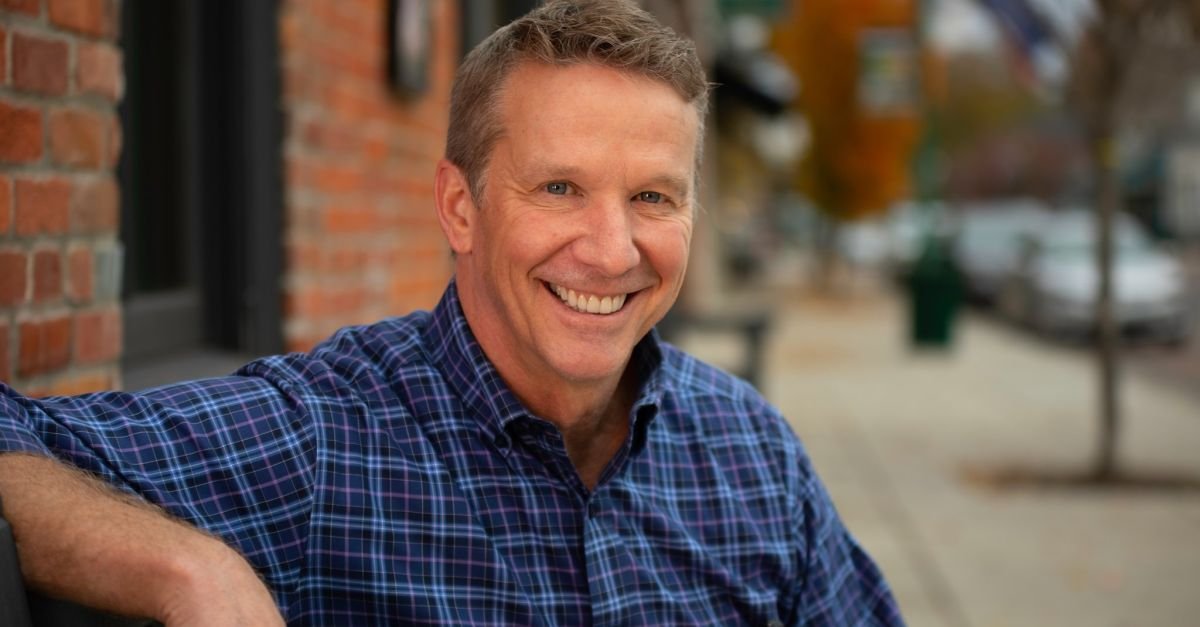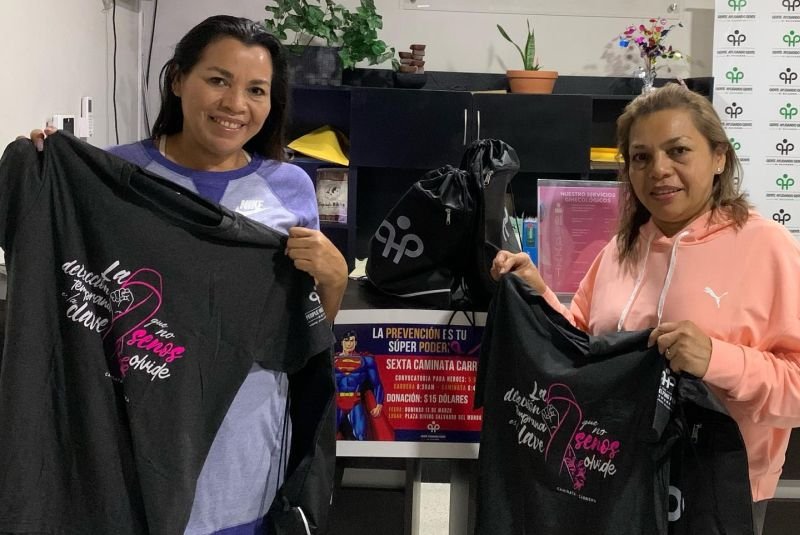After a 20-year U.S. Army career in which he retired as a colonel in the Green Berets, Ronald Johnson then served 20 years in the CIA before serving as U.S. Ambassador to El Salvador 2019-21. He now stays extremely busy as an in-demand consultant, adviser and teacher.
Ronald Johnson has had a front-row seat to El Salvador’s remarkable transformation
With 20 years of service in the U.S. Army’s Green Berets (from which he retired as a colonel) followed by 20 years as a senior Operations and Paramilitary Officer with the CIA, Ron Johnson has seen his share of trouble spots in the world.
His CIA work took him to such hot zones as Iraq and Afghanistan, while he spent time in the 1980s among a small group of U.S. Army advisors on the ground in El Salvador during the country’s brutal and bloody civil war.
The injustices he has witnessed along with the many events and missions he is not at liberty to discuss publicly might harden an average person’s outlook on his country or the world. Yet, they’ve only made Johnson more determined than ever to do whatever he can to improve the future for everyone.
It’s one of the reasons Johnson was honored in February at The People Helping People Network’s annual Servant’s Heart Award Gala, at which Johnson was honored with the Servant’s Heart Award for Servant Leadership.
“I have great admiration for people who risk their lives and give of their time in service to our country,” said PHP Network founder Jeff Cardwell. “Here’s a man with 50 years of service to our country. He is very strong in his faith and honors God in all that he does.”
After retiring from the CIA, Johnson was named U.S. Ambassador to El Salvador, a stint during which he became familiar with Cardwell and The People Helping People Network. Johnson also found a very different El Salvador during his service than he witnessed during the war-torn 1980s.
“It was an absolute blessing to have the opportunity to do that,” Johnson said of his ambassador days. “They’re good people. They’re just looking for a way to move their country forward.”
They’ve certainly moved forward with the help of organizations like The People Helping People Network. But nothing has paved the way for El Salvador’s ongoing resurgence quite like the government’s determination to put an end to gang-driven violence once and for all.
“El Salvador was the murder capital of the world in 2017, and just prior to my departure they started coming in with record-low crime numbers month after month,” Johnson said. “Now, arguably, they are the safest country in the Western Hemisphere right now in terms of violent crime and murder rates.
“When I was there, we estimated there were about 70,000 members of gangs in El Salvador, which is a lot,” he added. “President Bukele declared a state of emergency and locked up about 70,000 people. Since then, the crime rate has dropped extremely low.”
From left: Ambassador Ronald Johnson and wife Alina with People Helping People Founder Jeff Cardwell at the 2024 Servant’s Heart Awards Gala. Alina grew up in Colorado orphanage after she and her little sister were rescued from communist Cuba as part of Operation Peter Pan. She would go on to become a registered nurse in her professional and volunteer life and has been heavily involved in various service efforts connected to Ronald Johnson’s various posts.
Before the crackdown, it was hard to convince outsiders to invest in a country known by so many for its violence.
“They had a pretty bad reputation — ‘murder capital of the world’ and home of MS-13, something that was in the news constantly — and they’ve moved that out of the news now,” Johnson said. “I know there are foreign investors that are considering investing money in El Salvador. And the Salvadorans who apply for work visas to come to the United States get looked at much differently than they did in the past.”
During his Servant’s Heart Award acceptance speech in February, Johnson encouraged everyone to look at the improved El Salvador with a fresh set of eyes. It’s a place that needs help, he said, but where help also goes a long way. Plus, he added, helping a country whose name in Spanish translates to “The Savior” seems a fitting endeavor for those seeking to put their faith into action.
“If you’re going to help people, what better place than a place named after our Lord and Savior?” Johnson asked rhetorically. “El Salvador is a place where you can give a little and do a lot. You can make such a huge difference in people’s lives.”
No one, though, is happier about the new, safe El Salvador than the Salvadorans themselves, he noted.
“You can see it in their faces,” he said. “I’ve talked to people in their mid-40s who told me that for the first time in their life they can get out of their house with their family, their children, their wife and walk to a restaurant, have dinner and walk home without fear. They’ve never had that feeling in their lifetime. That’s pretty significant to them.”
In 2020, the People Helping People Network delivered more than 40,000 pounds of food and relief supplies from Convoy of Hope to El Salvador after a tropical storm after Ambassador Johnson helped secure the use of a C-17 transport plane and U.S. military assistance for an emergency hunger intervention.
As ambassador, Johnson was part of making a huge difference when a food emergency struck during the Covid year of 2020 after Tropical Storm Amanda roared ashore from the Pacific Ocean on May 31.
The storm disrupted food distribution in the country at a time when the pandemic already had normal business in a headlock. El Salvador President Nayib Bukele reached out to Cardwell, who then connected with the U.S. Embassy and Ambassador Johnson. With families along the streets of El Salvador waving white flags to let others know they needed help, time was of the essence.
“When you’re shipping containers, it takes six to eight weeks,” Cardwell said. “That was not going to provide the relief they needed at the moment.”
Convoy of Hope stepped forward and told Cardwell they could get him as much food as he could deliver. Johnson used his military and government connections to secure a C-17 transport plane that could be loaded in Missouri with 40,000 pounds of food and relief supplies.
“One of the things that I like about People Helping People is that when they make a donation, it’s not the United States government, and they are much more agile,” Johnson said. “They just move quicker. We worked with their point of contact (Lisselot Troconis) in El Salvador to make sure it got distributed quickly and that it went to people in need, not controlled by the government.”
“The way that they responded, and the way that they worked in a crisis was just incredible,” Cardwell said of the U.S. Embassy staff and People Helping People’s team on the ground. “They were able to deliver the goods and kind of stand in the gap until the government could get food en route.”
Though he was there in an official capacity, Johnson felt more like he was representing ordinary Americans during that relief effort.
“Even as the United States ambassador representing the government, I was so proud to be there and say, ‘This is not from the U.S. government; this is from your neighbors — this is from people in the United States who want to help our friends in El Salvador’,” he recalled. “And I think that made a huge difference.”
Ambassador Ronald Johnson helps distribute emergency food supplies in El Salvador in 2020.
Johnson believes that America is at its best when it is extending a helping hand to others, uplifting them while also bringing Americans together in a common, just cause.
“I talk to groups about the division that is occurring in our country and how we need to get back to our fundamental foundation and be Americans,” said Johnson, who is just as busy today in his roles as a well-traveled consultant, adviser and teacher. “We’ve lost sight of the fact that America has always been the most compassionate, most generous country in the world, willing to help any neighbor.”
He believes that America is not as visible around the world for its good deeds as it once was — and that rogue nations like North Korea, Iran, Russia and China are more than happy to see America’s reputation as a force for good in the world damaged.
“They want to push the United States to the side and see us in decline, and in some ways we are in decline right now,” Johnson said. “We have to turn that around, and we can.”
Retreating from the world stage, however, may not be the solution — especially in America’s neighborhood of the world.
“I worry about how we treat our neighbors,” Johnson said. “No nation can stand alone in the world today. We need the help and cooperation of our neighbors. There are a lot of neighbors, particularly in the Western Hemisphere, that we need to embrace a little more and help out a little more. And I don’t see that.”
More important than how the world sees America, however, is how our own people see their country, especially the younger generation. He has witnessed real civil war rip a nation apart, so he does not take any level of American division lightly and constantly preaches the need for our people to unite and embrace what makes them uniquely American.
“My hope for the world is that I still pray a lot, and I still try to talk to young people, in particular students and young business people who just seem naive about the ways of the world and evils that are out there and naive about things like how good and how generous the United States has been and continues to be,” he said. “But we lose visibility on a lot of that.”
We are a nation of individuals, he notes, but our strength flows from our unifying principles.
“There are so many people I see now, young people in particular, who want to be hyphenated Americans,” Johnson said. “Just be an American. American’s pretty good. Hang on to your heritage and be proud of it, but we’re all Americans here. People risk their lives and spend their entire treasure to come here. You’re here now, so be proud of it. We need to be Americans, and we need to come together because divided we’re in trouble.”
VIDEO: Ronald Johnson is honored by the U.S. Special Forces Regiment as a Distinguished Member of the Regiment





































































































